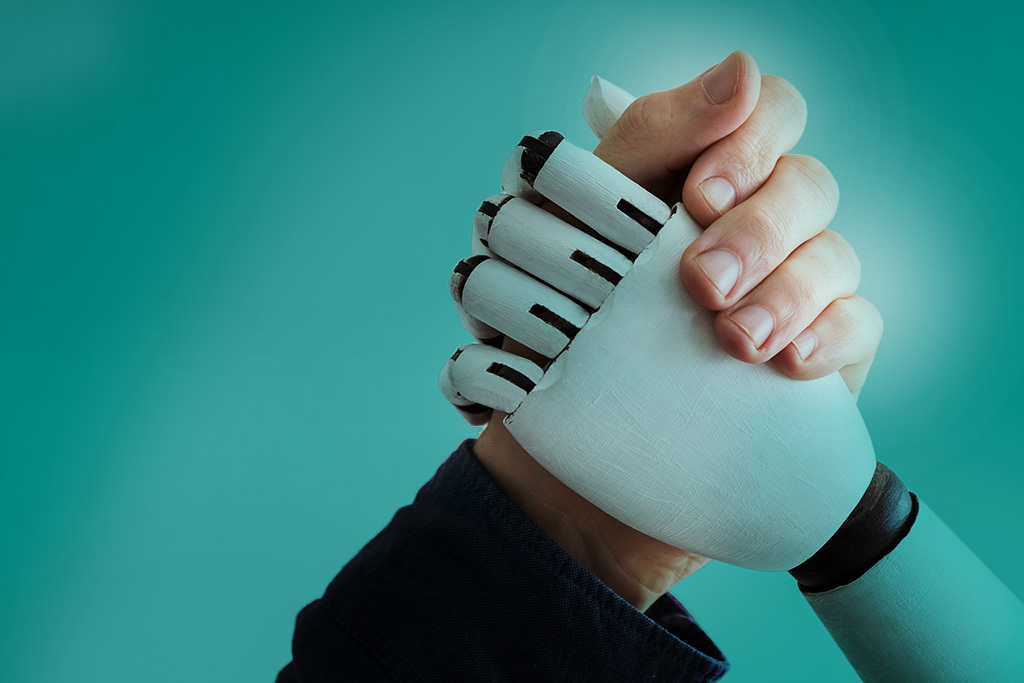Welcome back to Daily Zaps, your regularly-scheduled dose of AI news ⚡
Here’s what we got for ya today:
🎥 Why gen Z uses ChatGPT like an operating system
🧑💻 Google AI agent for coding
🧠 Google launches AI startup fund
🚨 12.6% of jobs may be at risk from automation
Let’s get right into it!
STARTUPS
Why gen Z uses ChatGPT like an operating system
In a recent interview and talk at Sequoia Capital’s AI Ascent event, OpenAI CEO Sam Altman reflected on OpenAI’s journey from a research-focused organization to a leader in scalable AI products like ChatGPT. He emphasized the importance of small, nimble teams in driving innovation and outlined OpenAI’s goal to become a flexible AI subscription platform.
One of the most striking points Altman made was about how generational differences shape the way people interact with ChatGPT. Older users often treat it as a smarter Google, while people in their 20s and 30s increasingly use it as a personal advisor—some even as a life operating system. College students, for instance, use ChatGPT with complex prompts and integrate it with files to assist in nearly every part of their lives.
Altman acknowledged it’s a simplification, but sees real trends in AI use based on age. This shift suggests AI is evolving into a trusted tool for both practical tasks and major life decisions. As OpenAI enhances its general models and voice interaction capabilities, Altman envisions a future where interconnected AI tools become central to everyday life—posing both opportunities and challenges for how deeply AI will be woven into human decision-making.
BIG TECH
Google AI agent for coding
Ahead of its I/O 2025 developer conference, Google is preparing to showcase a wave of AI and product advancements in an effort to shift focus from recent antitrust challenges. Highlights are expected to include a software development AI agent that assists engineers across the coding lifecycle, a Pinterest-like image discovery tool for fashion and interior design, and deeper integration of Gemini AI into Android XR glasses and Chrome.
Google is also anticipated to unveil new AI-powered search features and potentially launch Gemini Live voice chat in Chrome. These moves come as the company races to defend its dominance in search and advertising amid growing competition from OpenAI and Apple, while demonstrating tangible returns on its massive AI investments.
FROM OUR PARTNER JASON AI
Let Jason AI SDR Do the Sales Hustle
Meet Jason — your AI SDR that actually sells. Jason learns your product, nails your ICP, and does the dirty work: finds leads, runs deep research, writes hyper-personalized messages, and hits them on email, LinkedIn — even calls.
Replies? Handled. Meetings? Booked.
All you do? Show up.
Jason doesn’t just blast templates — it tailors every message so it lands. That’s why you get more engagement, more replies, and 30% more meetings in just one month.
And here’s the kicker: you only need one tool for the entire outbound flow — plus, Jason integrates with your CRM, calendar, and the stack you already use.
Cheaper than a human SDR. Smarter. Faster.
Works 24/7. No burnout. Just results.
BIG TECH
Google launches AI startup fund
Google has launched the “AI Futures Fund” to invest in promising AI startups, offering them early access to its advanced AI models, Google Cloud credits, and hands-on support from its researchers and engineers. Startups selected for the program may also receive direct funding from Google to help scale their AI innovations.
The move is part of Google’s broader strategy to deepen its involvement in emerging AI technologies, especially as the IPO market slows and competitors like Microsoft and Amazon ramp up their own AI investments. The fund aims to accelerate bold, early-stage AI projects using Google’s Gemini models and infrastructure.
CAREERS
12.6% of jobs may be at risk from automation
New research from the Society for Human Resource Management (SHRM) finds that 12.6% of current U.S. jobs are at high or very high risk of displacement due to the growing use of AI tools in the workplace, with blue-collar, service, administrative support, finance, manufacturing, and transportation roles facing the greatest exposure. The report emphasizes that AI adoption in most organizations is still in the early stages, and its long-term impact will depend heavily on how businesses integrate these tools.
However, the majority of jobs—about 62.8%—are at minimal or only slight risk, as AI is primarily targeting repetitive, task-based functions rather than replacing entire roles.
Download 13 page PDF report here
In case you’re interested — we’ve got hundreds of cool AI tools listed over at the Daily Zaps Tool Hub.
If you have any cool tools to share, feel free to submit them or get in touch with us by replying to this email.










